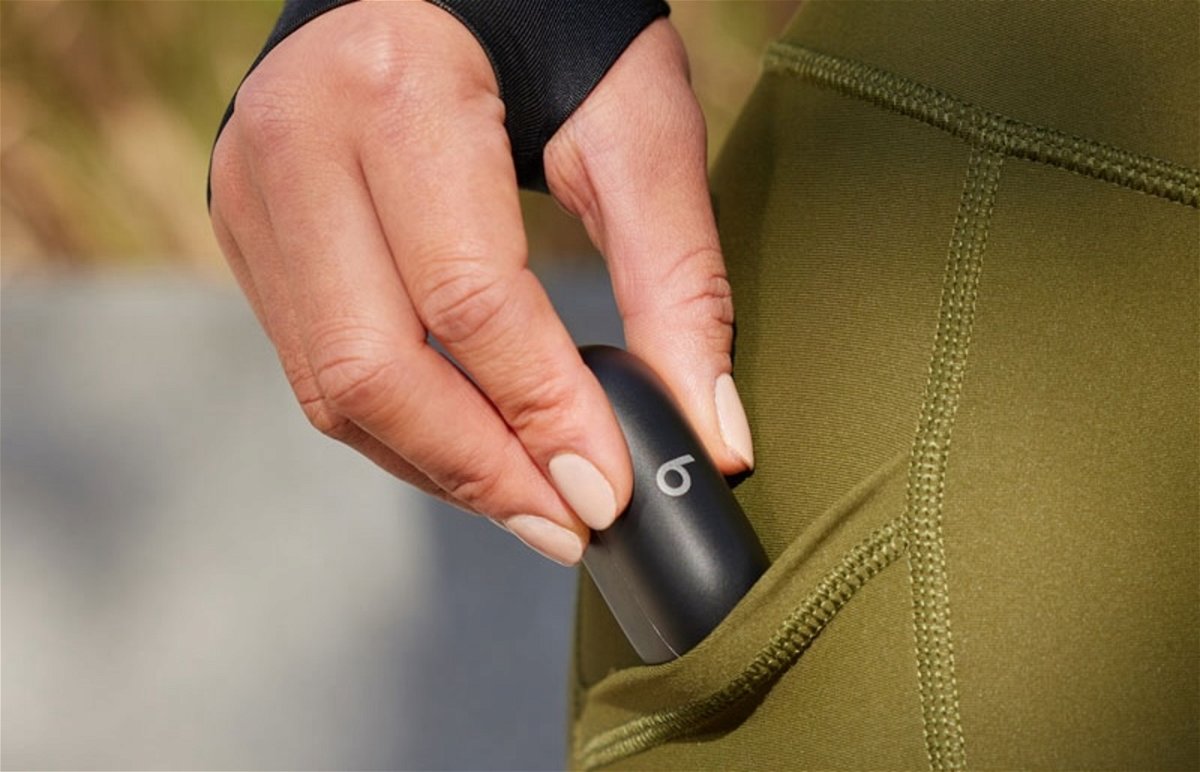
Ever since Apple launched Siri with the iPhone 6s, we’ve always had to call it with “Hey” in front of it, but this will change in iOS 17.
After the presentation of the new operating systems this afternoon, with the arrival of iOS 17, we will have to change our habits when talking to Siri, because you can simply call her by her name to interact with her, without saying “Hey” in front of
In addition, Apple has introduced another novelty that will help this natural, because once we establish a conversation with it we won’t have to continually say “Siri” to ask for something, so we can have an almost normal conversation with Apple’s virtual assistant. For those who want to keep the same way of interacting, there is the possibility of leaving the “Hey Siri” in the system settings.

What we didn’t get today was the pleasant surprise that Siri uses artificial intelligence like ChatGPT to better understand what we are asking and give us the right answer to our requests. For now, we’ll have to settle for the usual Siri, hopefully something smarter. There are rumors that Apple is working on using more advanced artificial intelligence for Siri.but at the moment we don’t know any details, so I’m afraid we’ll have to wait a long time to see it with our eyes.
To use this new feature, we will need to install the iOS 17 and iPadOS 17 betas on our devices, and the corresponding betas on the HomePod. At the moment they’re only available to developers, and public betas won’t arrive until July, so if you’re not a developer you’ll have to wait to talk to Siri in this new way.








